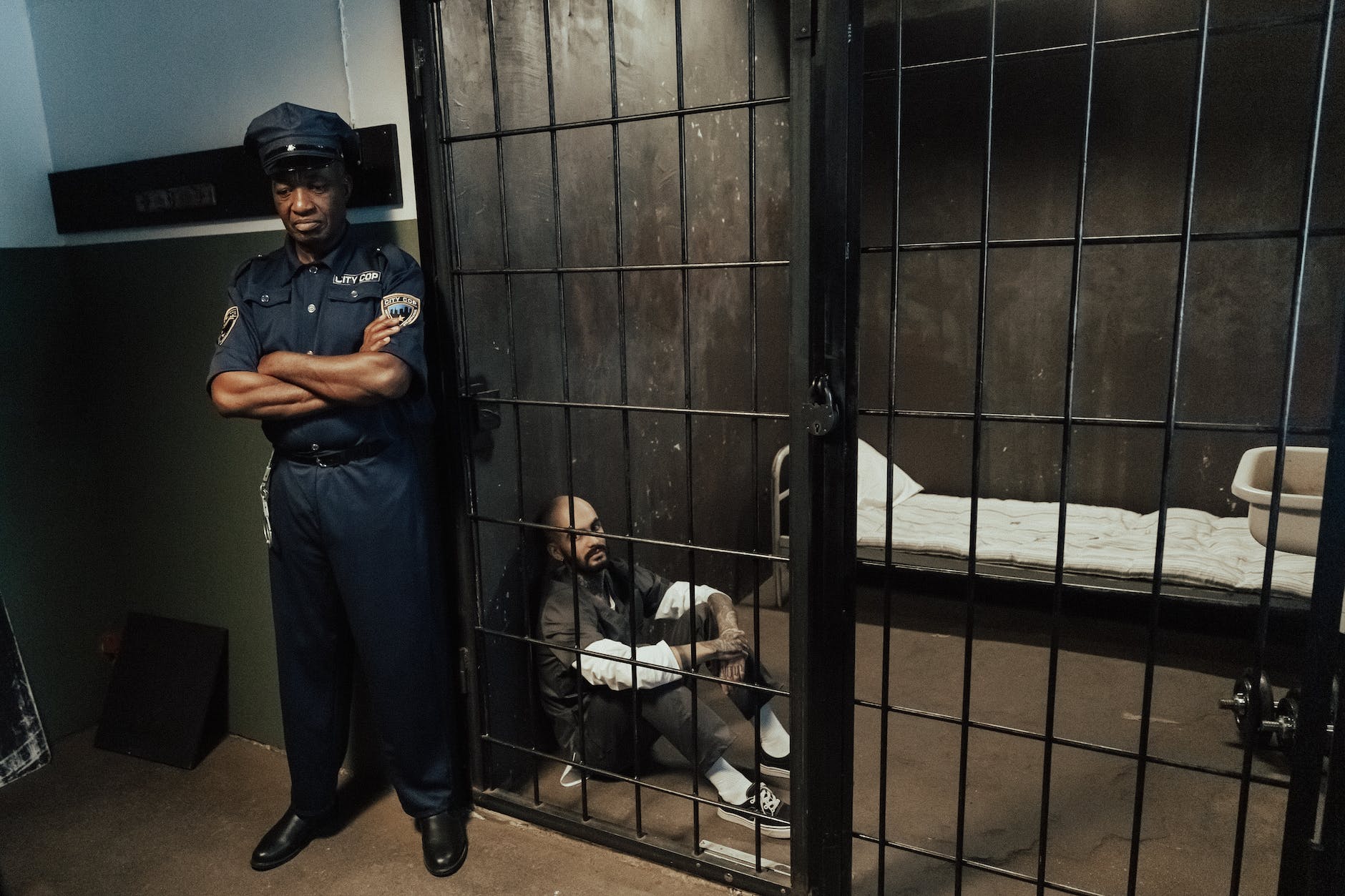The US criminal ‘justice’ system is anything but ‘just’. Over the past decades changes in sentencing have resulted in mass incarceration of mostly African Americans and poor people, resulting in deeply harmed families and communities. Even before these consequential changes in laws and sentencing that began in the 1970’s, the US justice system can only be described historically as deeply racist particularly against Indigenous Peoples and African Americans.
After the catalyzing murder of George Floyd in May 2020 by a Minneapolis policeman, calls for an in-depth rethink of the purpose and funding of police departments moved from the fringe to the mainstream and ‘defund the police’ became a rallying cry. Defunding police is linked to abolition of policing such as it is; in its current iteration, defunding means rethinking policing and community safety, i.e., de-militarizing and reallocating resources and responsibility to communities to decide how best to increase community safety and well-being. It means not using the police to settle matters of mental health, homelessness, domestic incidents and other situations where no crime has been committed. In this vision of policing, police step in only in emergencies where violence is likely.
As an RJ practitioner I cannot avoid contemplating the what/how/if role of RJ in situations where serious harm has occurred. In May 2020, Newsweek published an op-ed promoting dialogue between the Minneapolis protesters and the police to heal the rift between police and community and to begin to repair the harm caused by police violence. This particular argument for dialogue is misguided and increases confusion around the role of RJ in addressing and repairing harm. The glaring omission in the article is the issue of power and the deeply entrenched, historical and structural bias that characterize police departments across the country. But this alone will not result in transformation of the criminal legal system.
The article correctly asserts, that for RJ to have integrity, the party with structural power recognizes they are responsible for harm and are willing to address that harm, i.e., change and sincerely strive to make amends. There is no indication that this is the mindset of police departments. The police have regularly lied about their actions and it is only because their actions have been filmed that the public knows what occurred. The violence manifested by police will not be done away with any time soon because it is structural – for harm to be repaired it will take a reckoning with our cultural history of white supremacy and the violence it has caused to our society and particularly to Indigenous Peoples and African Americans.
There is a part for RJ to play in achieving structural change within the current criminal field. RJ could play a part in structural change by integrating into the criminal legal system as part of an overarching goal of transformation; to create a humane system committed to rehabilitation and reintegration. There are hints of this happening in the US in offices of certain District Attorneys working to dismantle the worst injustices of the current criminal legal system.
In the bigger picture we need deep structural reform to address the rampant systemic racism in the core of our culture and not only in police departments. The US desperately needs a truth and reconciliation process – when are how that will happen remains to be seen but I’m hopeful that small steps are happening on local levels.
In the book, Learning from the Germans – Race and the Memory of Evil, Susan Neiman describes the decades long process of reckoning with the evils perpetuated by Germany during WW2 and the nascent attempts in pockets of this country to confront the historic harm caused by white supremacy since the first slave ship landed on our shores in 1619. It will be the work of generations, but I hope that as a nation and a people we will find the courage and perseverance to build on these efforts.


Leave a Reply